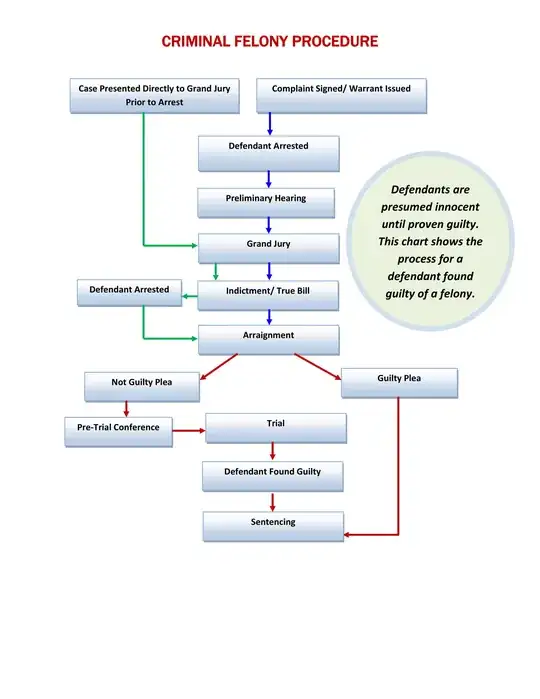- How many indictments does it take for Donald Trump to be imprisoned?
An unlimited amount. Imprisonment is usually authorized as a result of a conviction rather than from an indictment.
Pretrial detention following an indictment but prior to a conviction is permitted, but discretionary in the judgment of the judge. Also, there is a right to post a judicially determined reasonable bond to obtain release from pretrial detention after one is indicted and before one is convicted in the vast majority of cases (including the ones that President Trump is facing).
- Can a person who is indicted, before running for president, become president?
Yes. Indeed, the majority view of legal scholars (it is has never been tested in a real case) is that someone who is convicted and serving prison sentence can still become President if that is who the voters choose.
- What's the purpose of indicting Mr. Trump if indictments are only an accusation?

An indictment is a pre-requisite to trying someone for a felony in federal court. To convict someone of a crime one needs to first indict them, then have a jury trial, and then have a jury unanimously vote to convict a person, before they can be convicted of a crime and sentenced for it. Even after conviction, there is a statutory (but not a constitutional) right to a direct appeal of that conviction to an appellate court.
Also, an indictment is more than a mere accusation. An indictment in a determination of a grand jury that probable cause exists to believe that the person indicted committed the crime charged. In the federal court system grand juries are composed of 16 to 23 members and 12 members of the grand jury must concur in a decision to indict a defendant on a charge for there to be an indictment on that charge.
This prevents people from enduring criminal prosecutions on charges that a majority of a grand jury finds are so baseless that there is not sufficient evidence to establish probable cause that the defendant committed that crime. The grand jury must base its decision to indict or not on actual evidence in support of the charges in the form of sworn witness testimony and exhibits, not just the allegations of the prosecutor.
As a practical matter, the standards of professionalism in federal criminal prosecutions is so high that almost all charges sought by federal prosecutors from grand juries result in indictments on those charges (federal grand juries refuse to indict approximately one in 16,000 times).
But, in state courts that use grand juries, which can't pick and choose only the best cases to prosecute, grand juries routinely refuse to indict defendants on a substantial share of charges brought to them by prosecutors (on the order of one in 20). One source notes:
Statistical figures showing a higher prevalence of grand jury
reluctance to follow the government in ages past are almost
nonexistent. However, a table of felony arrests in New York County
between 1900 and 1907 found on page 111 of the 1926 book The Prisoner
at the Bar by Arthur Train provides some rare illumination. In those
seven years, some 5,214 out of 57,241 people were arrested by the
police on felony charges whom New York state grand jurors decided not
to indict.
Grand juries are especially likely to decline to indict defendants in cases involving celebrities, politicians, law enforcement officers, and other high profile cases with political implications. See also Kaeleigh Wiliams, "Grand Juries Should Not Hear Police Misconduct Cases: Grand Juries will Indict Anything, but a Police Officer" SLU Law Journal Online 79 (2021).
